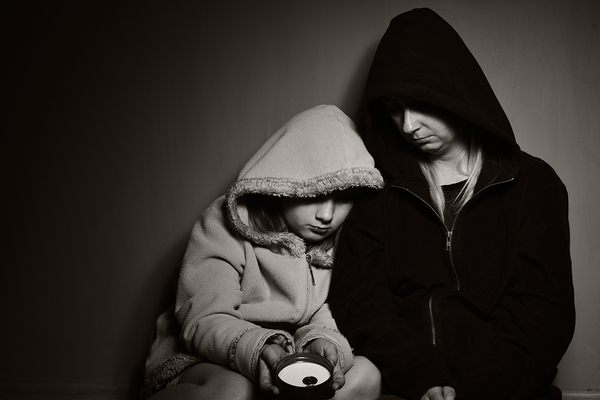Cross-party MPs slam ministers as ‘unacceptably complacent’ on homelessness
The government’s approach to homelessness has been “unacceptably complacent”, the Public Accounts Committee (PAC) has warned in a highly critical report published today.
The cross-party committee of MPs said the Department for Communities and Local Government’s (DCLG) “limited action” has “lacked the urgency that is so badly needed and its ‘light touch’ approach to working with the local authorities has clearly failed”.
The PAC said the DCLG is placing “great reliance” on the Homelessness Reduction Act, which comes into force in April next year, to provide the solution to homelessness and while this legislation “will no doubt help”, it cannot be successful unless the government also increases housing supply and makes homes more affordable.
The latest government statistics showed there are 79,190 households in temporary accommodation, a 65% jump since 2010. Since 2010 all measures of homelessness have risen, the PAC said, including a 73% rise in children living in temporary accommodation to 120,170 and more than double the number of rough sleepers.
The PAC called on the government to publish a cross-department strategy to reduce homelessness that sets out clear targets by June next year.
Homelessness charities said the government should “not ignore the impact of the decisions it makes”, including freezing and capping Local Housing Allowance rates. A National Audit Office report published in September criticised the government for failing to assess the impact of welfare changes on homelessness.
The government commitment to end rough sleeping by 2027 is “only the tip of the iceberg”, with only 9,100 households sleeping rough out of the 160,000 a year experiencing homelessness, the PAC said.
A shortage of social rented homes means councils rely on the private rented sector to house homeless people, but this accommodation is “often of a poor standard and does not offer value for money”, the report said.
The PAC said the government had accepted that its previous system of collecting data on homelessness was “seriously limited”. The committee said the government “does not seem either to understand or measure the extent of hidden homelessness”.
The committee heard that housing associations are reluctant to let to people who receive benefits. The Chartered Institute of Housing told the PAC that nearly half of the housing associations they surveyed said one of the main reasons they reject a council nomination for a new tenancy is if a household is unable to pay the rent because of limited welfare entitlement.
A Department for Communities and Local Government spokesperson said: “Tackling homelessness is a complex issue with no single solution, but we are determined to help the most vulnerable in society.
“That’s why we are providing over £1 billion up to 2020 to reduce all forms of homelessness and rough sleeping and we are bringing in the Homelessness Reduction Act, which is the most ambitious reform in decades, to ensure people get support sooner.
“In addition, we have established a Rough Sleeping and Homelessness Reduction Taskforce across government, with support from experts, so we can respond as effectively as possible.”



